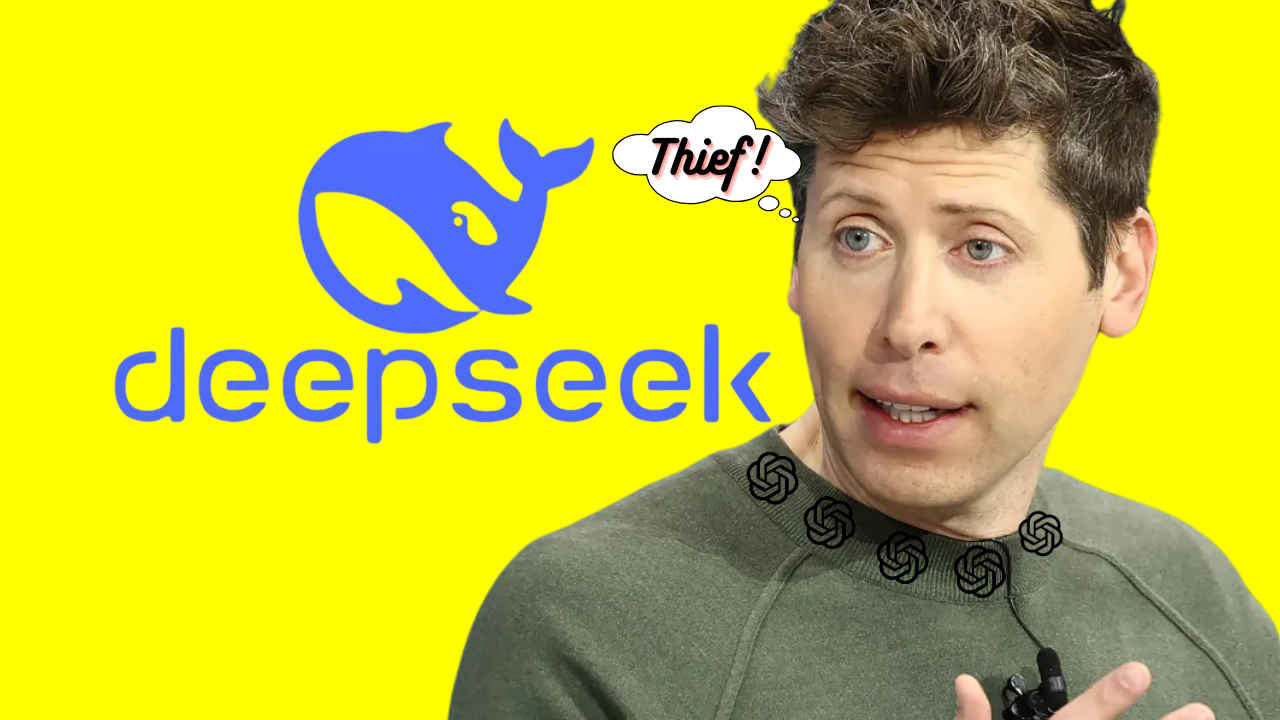
- Home
- Managed Services
- Cyber Security
- Blog
- About Us

We 365 Admin Support, just simplify your IT problems
Call for a free support. +91 96666 59505Platform Partnership
- Who We Help
- Shop
- Contact
- News






HIGHLIGHTS
Table of Contents
ToggleMicrosoft, in collaboration with OpenAI, is currently scrutinizing allegations that DeepSeek, a Chinese artificial intelligence startup, may have unlawfully acquired sensitive data from OpenAI’s technology. Reports from Bloomberg indicate that Microsoft’s security team uncovered unusual activities last fall, connecting individuals associated with DeepSeek to the unauthorized exfiltration of sizable data volumes via the OpenAI application programming interface (API). This API is instrumental for developers, allowing them to obtain a licensed path to integrate OpenAI’s sophisticated AI models within their software solutions.
Upon discovering such alarming activities, Microsoft, which stands as OpenAI’s primary investor and technological ally, promptly alerted OpenAI for further investigation. Should these actions be validated, it would represent a violation of OpenAI’s terms of service and imply that DeepSeek possibly discovered a method to override limitations placed on data retrieval.
Furthermore, there is concern regarding DeepSeek’s recent venture in the AI field. Just earlier this month, the startup introduced an open-source AI model named R1, which is engineered to replicate human reasoning capabilities. They tout that R1 could rival, or even outperform, the leading AI models from esteemed US companies, including OpenAI, Google, and Meta Platforms.
DeepSeek asserts that its R1 model has shown exceptional performance across a range of industry benchmarks, from complex mathematical problems to broad general knowledge queries. Notably, the development of R1 has incurred significantly lower costs compared to its American counterparts. This revelation has stirred apprehensions that DeepSeek could disrupt the prevailing supremacy of US-based AI enterprises. The report indicates that this has already led to a considerable decline in market share for various AI-related stocks, including those belonging to Microsoft, Nvidia, Oracle, and Alphabet, Google’s parent company.
For further context, you may explore: Who Is Liang Wenfeng? The DeepSeek founder shaking up the AI world
Additionally, the situation raises questions regarding data privacy regulations and the cross-border exchanges of AI technologies. Concerns have been voiced about DeepSeek’s operations in China and their approach to data handling. You can read more on this topic by visiting: Is DeepSeek sending data to China? Here is what its privacy policy says
In a related context, David Sacks, who served as an AI consultant during former President Donald Trump’s administration, highlighted the existence of “substantial evidence” suggesting that DeepSeek indeed leveraged OpenAI’s models as a foundation to advance its own technologies. He elaborated on the situation, stating that “what DeepSeek did here is they distilled knowledge out of OpenAI models.”
In response to the assertions made by Sacks, OpenAI acknowledged the persistent attempts by companies, particularly from China, to “distill” information from prevalent US AI enterprises. While the organization did not address DeepSeek specifically, it underscored its commitment to safeguarding its intellectual property. OpenAI insists that it is working tirelessly alongside the US government to shield its cutting-edge AI models from potential competitors and threats.